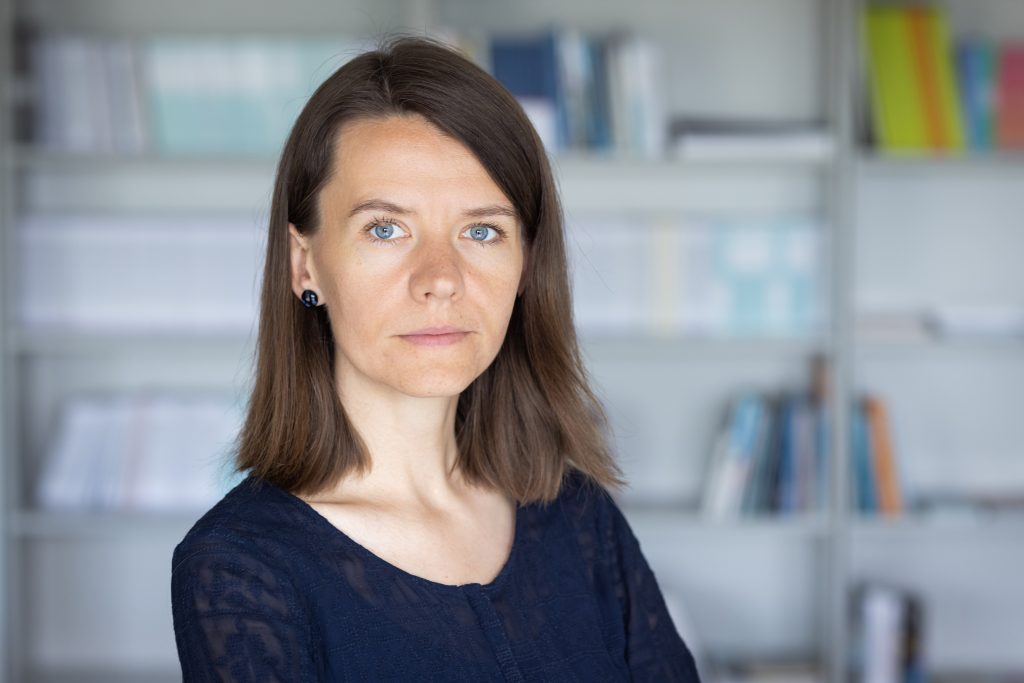
3rd November 2023
Institutions providing assistance to victims of domestic violence are not adequately equipped to help women with disabilities. The review of the service provision situation has showed that, although individual initiatives are aimed to improve accessibility to services for persons with disabilities, professionals lack knowledge, resources and a clear framework for organising assistance in a disability-specific manner.
Services are practically unavailable
The study “Assistance to Survivors of Domestic Violence: Accessibility of Assistance and Services” has showed that there is a serious lack of accessible information for people with disabilities on how to access assistance and what assistance is available. Only a small proportion of service providers know how to provide information to people with hearing, visual, intellectual or psychosocial disabilities, and even fewer see the need or plan to make information accessible.
During the study, a survey of the service providers, i.e. Specialised Comprehensive Assistance Centres (SCACs) and temporary accommodation providers was carried out. It has been found out that only 38% of the surveyed SCACs and 24% of the temporary accommodation providers ensure that services are accessible regardless of disability.
Overall, this study has highlighted a previously identified problem: there is no standardised system for responding to domestic violence when it is experienced by women with disabilities in Lithuania.
Mintautė Jurkutė, an expert at the Office of the Equal Opportunities Ombudsperson, believes that it is the responsibility of public authorities to solve the afore-mentioned problem. ‘Specialists working in SCACs and other social service centres do not lack the desire and motivation to help. However, it is difficult to help women with disabilities who are victims of domestic violence when you consider the lack of resources and a unified system. The responsible ministries and municipalities should develop a clear algorithm on how to deal with a customer who has a mobility, hearing, visual, intellectual or psychosocial disability. It is also important to invest in adapting infrastructure, information, and improving the skills of professionals,’ she says.
How to improve the situation?
Ms Jurkutė not only analysed the situation, but also made suggestions on how the system of protection against domestic violence could be improved. It is recommended that ministries and municipalities should:
- carry out a comprehensive analysis of the need for assistance for people with disabilities who are victims of domestic violence or affected by domestic violence;
- introduce the concept of gender-based violence into the Law on Protection against Domestic Violence and other legislation;
- develop a system to identify domestic violence in the context of the services a person with disabilities receives. For example, training social workers, personal assistants, etc;
- clearly regulate the assistance available to people experiencing psychological, economic and sexual violence;
- provide for the possibility for police officers to note the disability of the victim of domestic violence when the information is forwarded to the SCACs;
- provide the necessary funding to ensure the availability of facilities and information on services for SKPCs and institutions providing temporary accommodation due to domestic violence;
- collect data on domestic violence experienced by people with different disabilities.
The study involved a focus group discussion between representatives of the SCACs, crisis and social service centres (October 2022, 16 participants), written responses from 13 SCACs and 59 centres and organisations providing temporary accommodation for victims of domestic violence (October 2022 – July 2023).
Funded by the European Union. Views and opinions expressed are however those of the author(s) only and do not necessarily reflect those of the European Union or the Council of Europe. Neither the European Union nor the granting authority can be held responsible for them.
